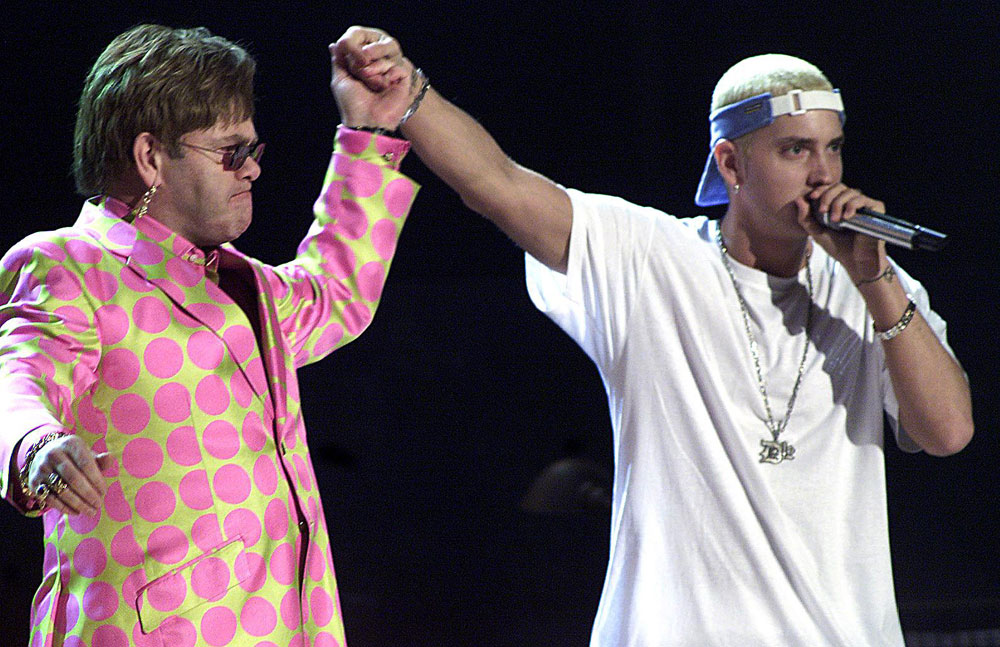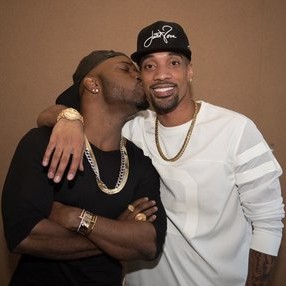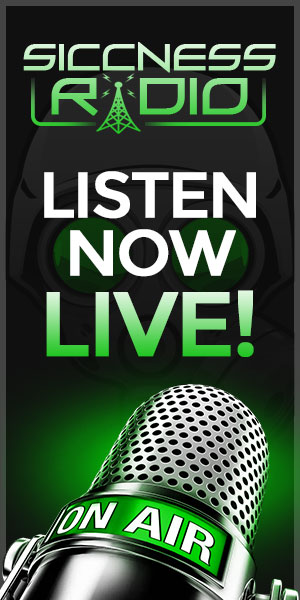Rap masculinity is equal parts machismo and tower defense; it has to be. The culture of hip-hop is a haven for castaways. It rose up from burned-out, bombed-out 1970s New York City, where young Black and Latin men denied opportunities and even simple infrastructure rerouted their pride through ostentatious dress and braggadocio. If your manhood was all you had, the worst thing you could paint anyone else out to be was something less than virile, less than strong. (This mindset is not specific to rap; it also rears its head in a dozen guitar-based music scenes, although hip-hop shoulders more of the burden for being more pridefully brutal about it on record.) Old-fashioned homophobia provided easy targets even our most righteous minds had a go at: A Tribe Called Quest’s vile anti-gay track “Georgie Porgie” narrowly missed inclusion on the classic Low End Theory. Public Enemy’s Fear of a Black Planet includes “Meet the G That Killed Me,” which, in under a minute, posits gay sex as a slippery slope toward intravenous drug use and AIDS.
Is Rap Is Less Homophobic Than Ever? An industry witch hunt for closeted mainstream rappers would last as long as the mid-2000s, but the tone and texture of homophobia in the business began to change as record sales dwindled, and with the rise of lucrative endorsement deals that laid A-list rappers’ millions at the whim of corporations sensitive to the slightest hint of consumer backlash. Suddenly, 50 Cent, who famously told Playboy, “I don’t like gay people around me, because I’m not comfortable with what their thoughts are,” is a supporter of same-sex marriage; and T.I., who snarked, “If you can take a dick, you can take a joke,” after Tracy Morgan was blasted for a stand-up bit about stabbing a fictional gay son to death in 2011, changed his tune, too. (The only rapper I remember standing up for his gay fans before everyone got suspiciously “woke” was Kanye West. True to form, 50 snapped back with gay jokes about him too.)

















Speak On It!